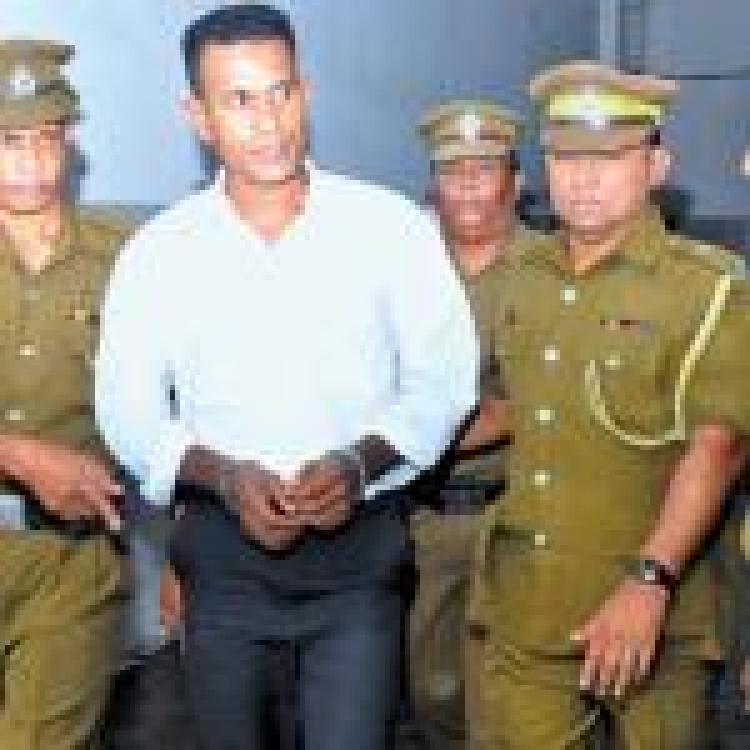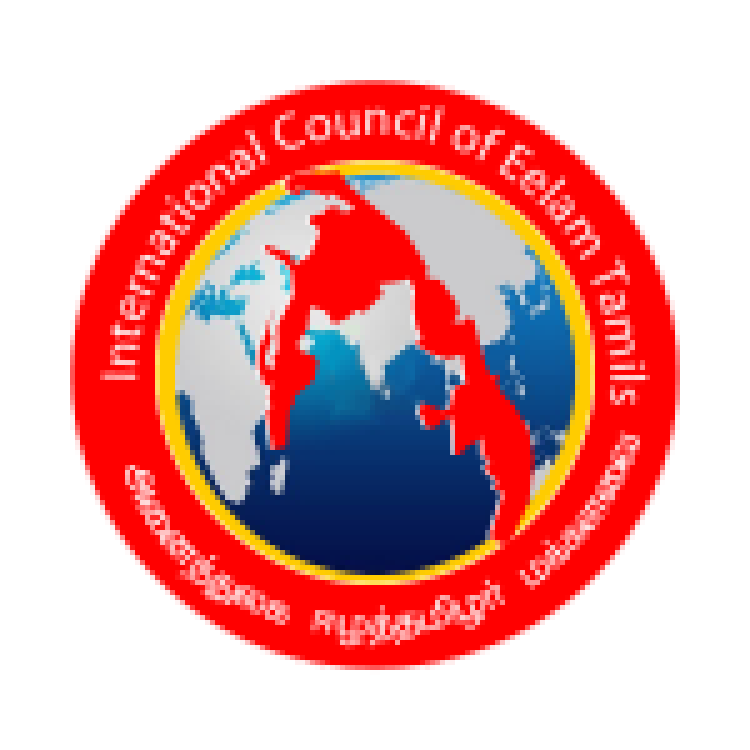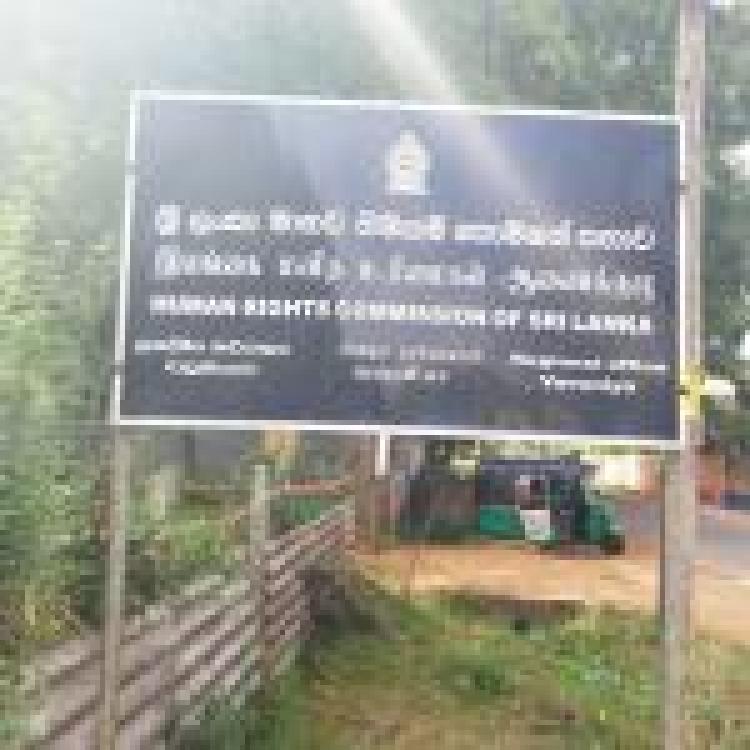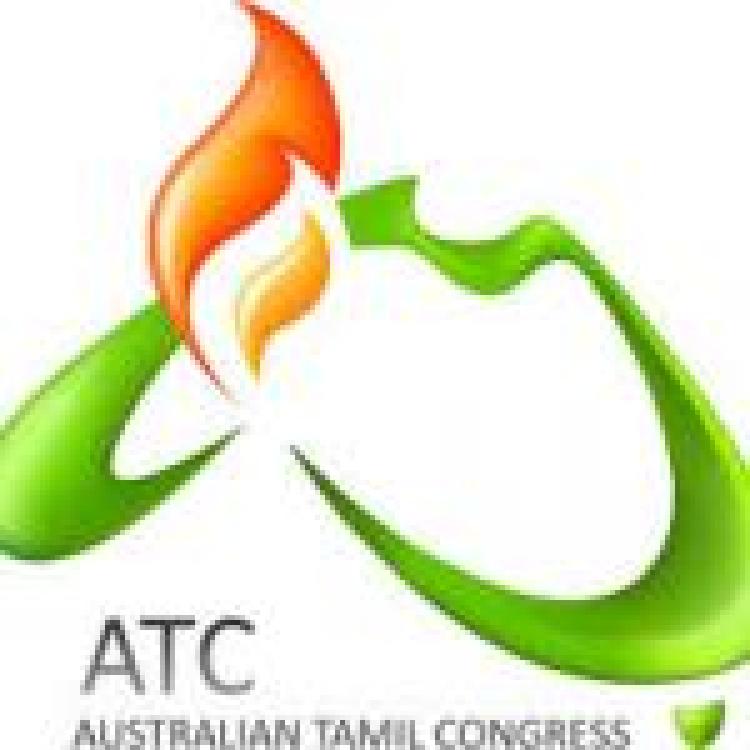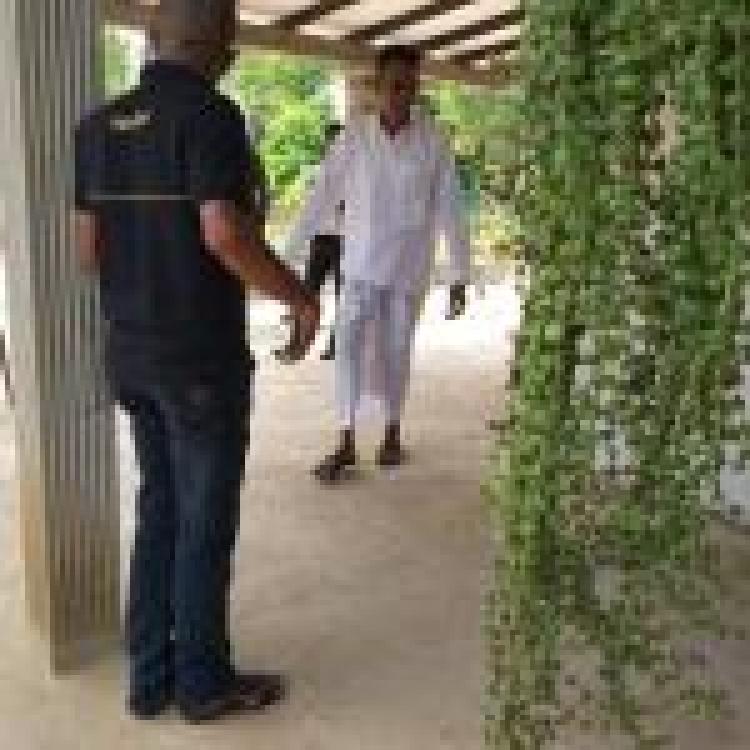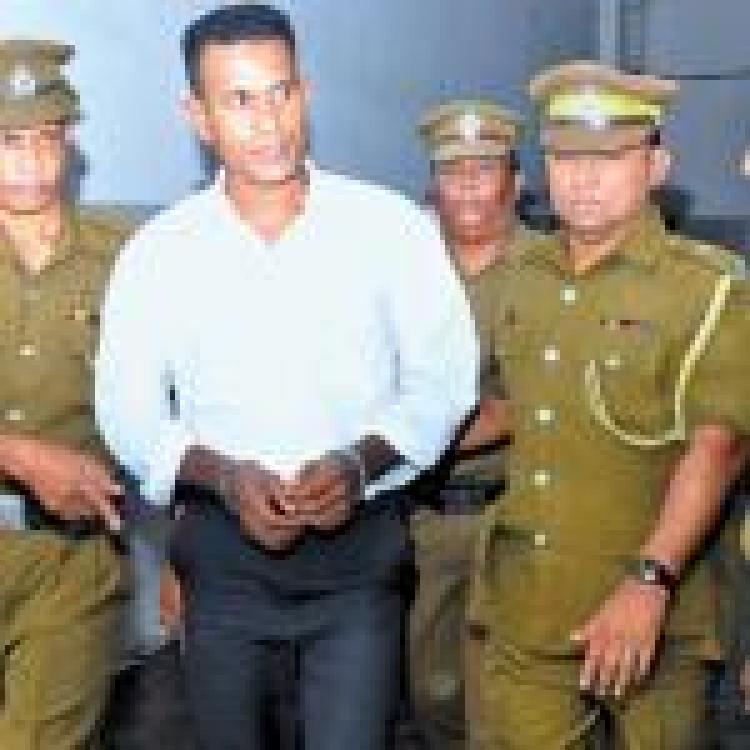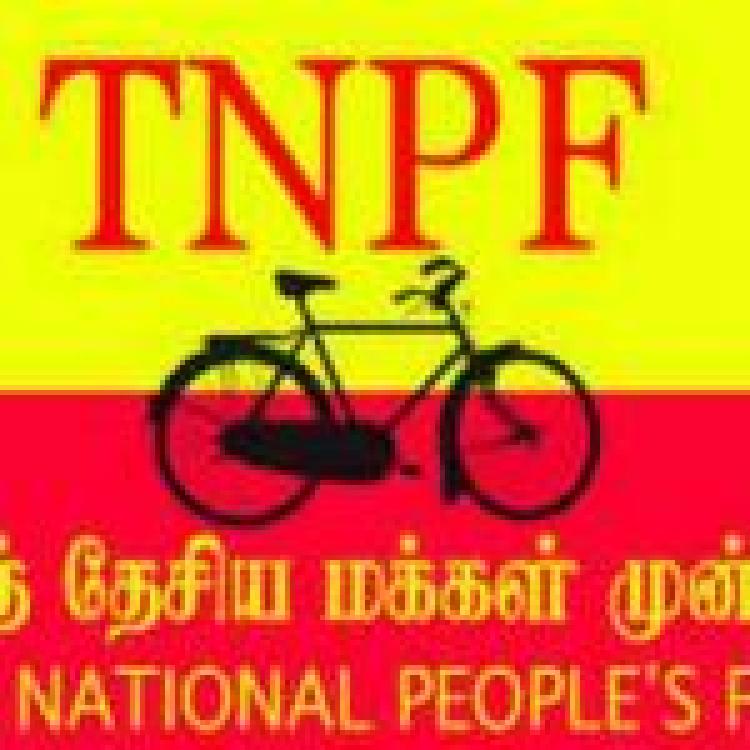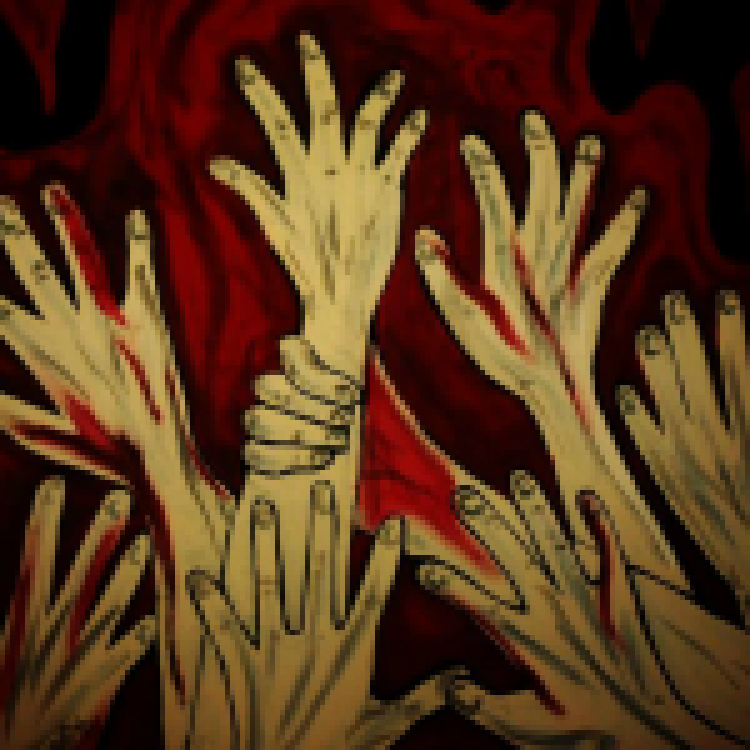.jpg)
Amnesty International has called on Sri Lankan President Gotabaya Rajapaksa to revoke the presidential pardon issued for Sergeant Sunil Rathnayake who was convicted for the Mirusuvil massacre where eight Tamil civilians were killed including three children.
Concerns from human rights groups
Amnesty International warns that the decision to uphold his pardon amounts to “reinforcing a climate of impunity and underscoring Sri Lanka’s continued failure to uphold its international obligations”.
Michelle Bachelet, the UN’s High Commissioner for Human Rights, similarly voiced concerns over his pardon describing it as:
“an affront to victims and yet another example of the failure of Sri Lanka to fulfil its international human rights obligations to provide meaningful accountability for war crimes, crimes against humanity and other gross violations of human rights.”
Read more: Pardoning a mass murderer - Sri Lanka amidst a pandemic
Concerns over Sri Lanka’s COVID-19 response
Amnesty International warns that the Sri Lankan government is exploiting the current coronavirus pandemic as an opportunity to release him as people are unable to express their right to freedom of assembly.
Amnesty further states that journalists have been “subject to a climate of self-censorship” and courts are not able to hear legal challenges.
Thus far the government has arrested over 40,000 under accusations of breaking the state-imposed curfew.
Rathnayake conviction
Rathnayake is one of the few convictions for war crimes which has been successful and was applauded as a good example by Colombo’s High Court. He was sentenced to death in 2015 for a massacre which occurred on 10 December 2000.
Nine Tamil civilians travelling to the town of Mirusuvil, in Jaffna, were attacked and killed by members of the 6th Gajaba Regiment’s Special Operations Unit.
The following day their bodies were found in a mass grave with their throats slashed, according to the District Medical Officer’s post-mortem report. All but two of the bodies had been stripped naked. The youngest to have been murdered was a 5-year-old child.
The sole survivor of the attack, Ponnathurai Maheswaran, testified in court and identified at least five soldiers involved in the attack however it was only Ratnayake who was sentenced whilst the others were cleared of all charges.
A pattern of pardons
Amnesty International warns that Sergeant Rathnayake was the third controversial pardon by the Sri Lankan President in just the last year.
The first pardon was issued for the Galagodaaththe Gnanasara, a hard-line nationalist Buddhist monk with links to the extremist 969 Movement in Myanmar. Gnanasara was convicted for contempt of court after he intimidated human rights defender Sandhya Eknaligoda and disrupted proceedings on the enforced disappearance of her husband, Prageeth Eknaligoda, where members of the military are the accused.
The other pardon was issued to Jude Shramantha Jayamaha, who was sentenced to death seven years earlier for the 2005 murder of a teenager.
Read Amnesty International’s full statement here.

